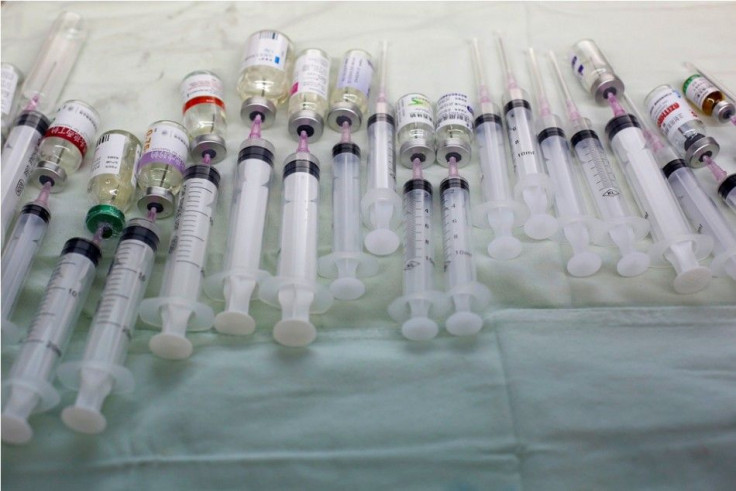UK Pre-school Kids Are Given "Chemical Cosh" Drugs To Curb Hyperactivity

A survey by the Division of Educational and Child Psychologists at the British Psychological Society, a representative body for psychology in the UK, found that children as young as two years old were being given "chemical cosh" drugs, a term given for a strong sedative, to keep a control on hyperactivity. The survey involved 136 psychologists in 70 local authorities in the UK.
According to the Daily Mail, about 22 percent of the psychologists were aware of the fact that children below the age of five were given to drug for the purpose of treating behavioural conditions like attention deficit hyperactivity disorder, a psychiatric disorder. ADHD results in a person to suffer from issues related to attention, hyperactivity as well as not acting appropriately for a person's age.
The National Institute for Clinical Excellence, a body that provides guidance and advise for the purpose of improving health care, have said that the treatment with drugs like Ritalin, a drug with the brand name "methylphenidate" and not licensed for the use of children who are below the age of 6 in the UK, was not recommended for children in pre-school suffering from ADHD and was also not licensed for children below the age of 6 in the UK. The reason that the drug was not licensed in the UK was because the safety as well as efficiency of Ritalin for those below the age of 6 had not yet been established. The prescribing of the drug was in opposition to official guidlines of the NICE.
Psychologists have said that health workers, whose actual job is to provide behavioural therapy as well as support to the parents, had taken a path of "straight to medication." Also, they have brought to the attention of the people that the health workers had an attitude of small-mindedness towards children who were struggling to fit in was growing and that these children were adjudged as having something wrong going on with them.
Through the study, it was also found that prescribing medication was said to be a predominant form of treating children who were of school-going age. This trend has gained popularity despite the NICE's advice that before medication was prescribed, psychological and behavioural therapy should be offered first.
Contact the writer: afza.kandrikar@gmail.com




















